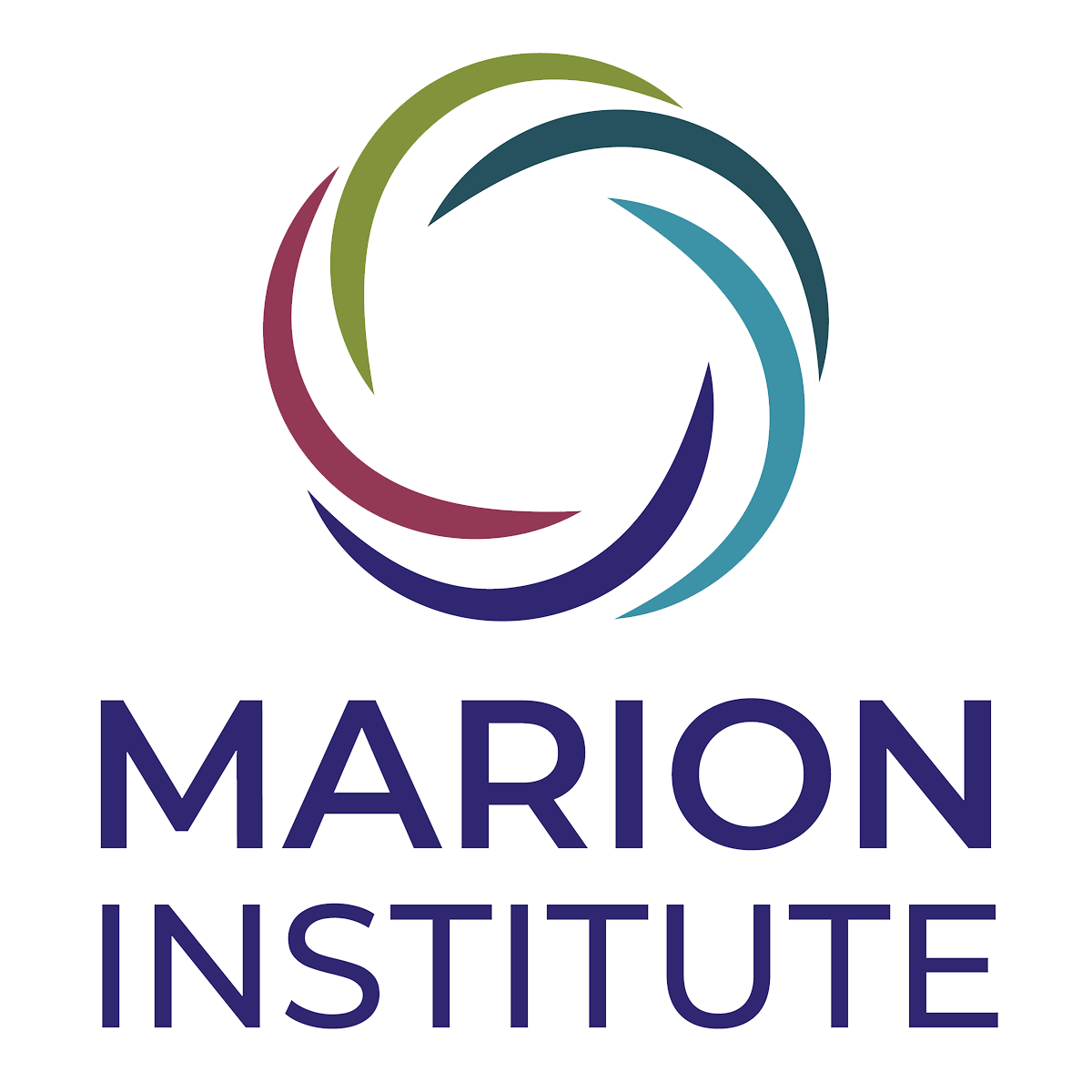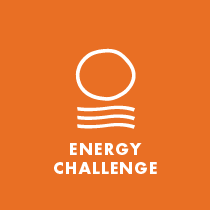About the SouthCoast Energy Challenge
Our Mission
The importance of have an energy-efficient home is increasing year byt year. Not only does it mean lower energy bills but it also ensures that less fossil fuels are used. But what does energy efficiency mean? It could mean getting a Richmond window replacement company to install double-glazed windows to reduce the amount of energy lost through your windows. Or it could mean installing solar panels on your roof. Or it could mean winterizing your home more The list goes on.
Southcoast Energy Challenge (SEC) works to ensure that all people- regardless of race, income or neighborhood- have access to clean energy and energy efficiency programs. We accomplish this through local and state advocacy, educational workshops, and collaborations with providers of clean energy and energy efficiency programs.
Community Outreach
The state of Massachusetts has excellent incentives for Low-Income households to switch to cleaner energy and/or make their homes more Energy Efficient. One example of this is the Affordable Clean Residential Energy (ACRE) program; it is for homeowners that are <60% of State Median Income. Anyone on fuel assistance or getting weatherization help from a CAP agency would qualify. It would make sense for someone who is heating with oil, propane, or electricity. The program will install air source heat pumps and a solar PV system for free. There is funding for 60 systems statewide. This is just one example of how people can make their homes more energy-efficient here; however, these incentives do no good if people do not hear about them from a source that they trust.
The SouthCoast Energy Challenge is developing a Community Outreach program that would empower up to ten Community Leaders to be trained to learn about the incentives the federal, state and local governments and nonprofits provide to make clean Energy and Energy Efficiency more accessible to Low-Moderate Income households. SEC would provide a stipend for these Community Leaders. These Community Leaders would then hold Information sessions for their neighborhoods about what they have learned and then provide support for individuals who would be interested in pursuing the incentives.
According to the Massachusetts Energy Efficiency Advisory Council, out of eight million participants in the MassSave program (the state’s Energy Efficiency program) in the last two years only six percent have been from Low-Income households. This is especially upsetting when you consider that Low-Income households pay into the program every month on their energy bills just the same way higher income households do, yet they do not get the benefits of the program at the same rate. There are many factors that contribute to barriers for Low-Income households accessing Energy Efficiency programs and Clean Energy Incentives. One is a language barrier, the MassSave program is insufficient in dealing with non-English speakers. However, there are now various contract translation services out there, making it easy for a business to communicate with their consumers. Perhaps this is something energy companies should take on board so that they can actually talk to their consumers and find the right plans for them. Not only will this allow businesses to be more efficient and not waste resources, but it also shows consumers they care and value them. Another barrier is the complexity of the information and the rate at which the incentives change. The SouthCoast Energy Challenge intends to overcome these barriers.
The History of the SouthCoast Energy Challenge
The SouthCoast Energy Challenge (SEC) was established in 2010 as a project of the Southeastern Environmental Education Alliance (SEEAL) to focus on three basic priorities:
1) Save residents money by driving adoption of home energy efficiency audits and renewable energy systems
2) Build community through grassroots organizing and green job workforce training and development, and
3) Protect the planet by setting aggressive goals to reduce the carbon footprint of households in the region by expanding membership, leveraging partnerships, and holding staff and interns to high standards of performance.
After many successful years during which SEC staff signed up 14,000-plus SouthCoast residents for a Home Energy Assessment or Solar Assessment, and made strong achievements in training interns, the environment for the initiative changed. The board recognized that the Marion Institute was the best home for the group SEC as it embarked on its next stage of work.
Under the Marion Institute, SEC has advocated for and engaged with Low-to-Moderate Income households in New Bedford to ensure that they have access to clean, affordable energy. In 2016, the SouthCoast Energy Challenge hired a native Spanish speaker to reach out to the English and Spanish speaking communities of New Bedford. The next step is to empower more community leaders to educate and organize their communities around access to Clean Energy and Energy Efficiency programs.








